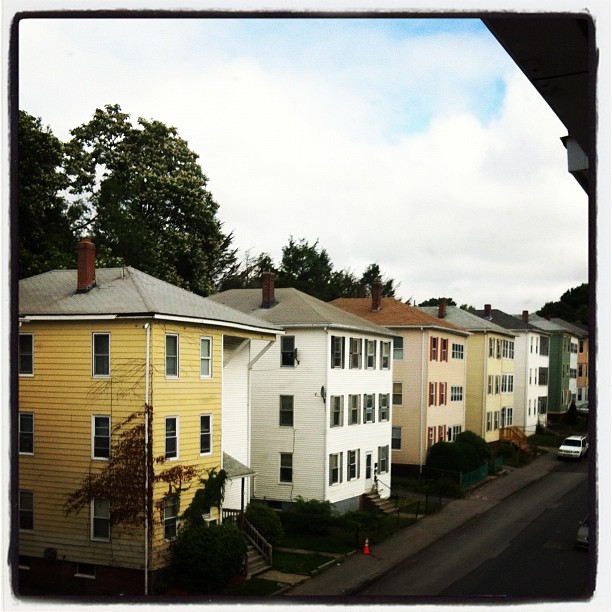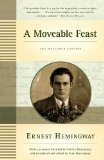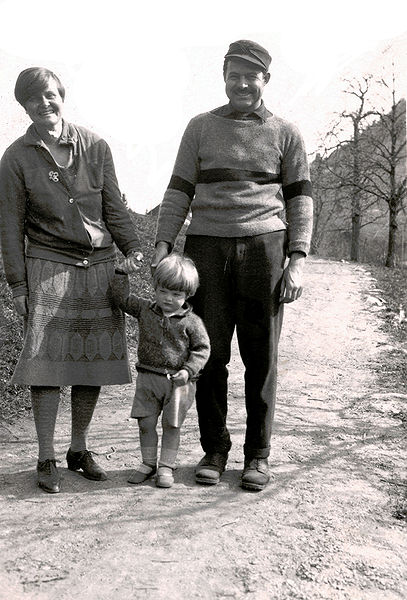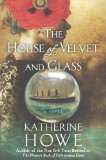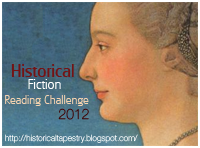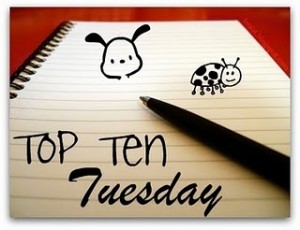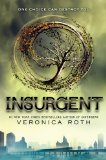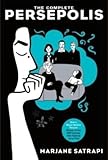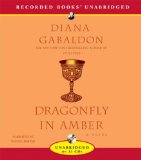We (finally) received our belongings after two weeks of waiting. A word to the wise: Never use Summit Van Lines. The estimate was well below the final cost, and while I understand an estimate is an estimate, I think it should be close to the cost. They were hard to communicate with. Sometimes it took multiple tries to reach them. Our goods were only delivered after I complained. Finally, our boxes were all crushed, and I attribute the fact that nothing (so far—still unpacking) was broken to the fact that I packed the breakables myself. Had they done it, I’m sure it would have been broken. They also tried to charge us for having stairs, but their boilerplate specifically says there is no charge for stairs, so we put our feet down.
One of our movers asked us why we had so many books.
As if that’s weird or something.
We have more book boxes than anything else. Steve took the picture above of our book boxes. We haven’t unpacked them yet because we have a plan for organizing them, and I imagine they’ll be the last things we unpack. So far we have the kitchen and bathroom done, and we are making serious headway on the master bedroom.
I went to San Diego for an educational technology conference with my new colleagues at Worcester Academy, and I won a [amazon asin=B0051VVOB2&text=Kindle Fire]! I am trying to figure out how I will best use it. I like the idea of putting mainly books with color images on it, or perhaps using it for periodicals. I want to share it with family, but I’m also concerned that will be hard because one or the other of us might be using it for a book and not want to hand it over. Anyone try to share a Kindle? Did it work? If you have a Kindle Fire, how do you use it? What do you like about it?




